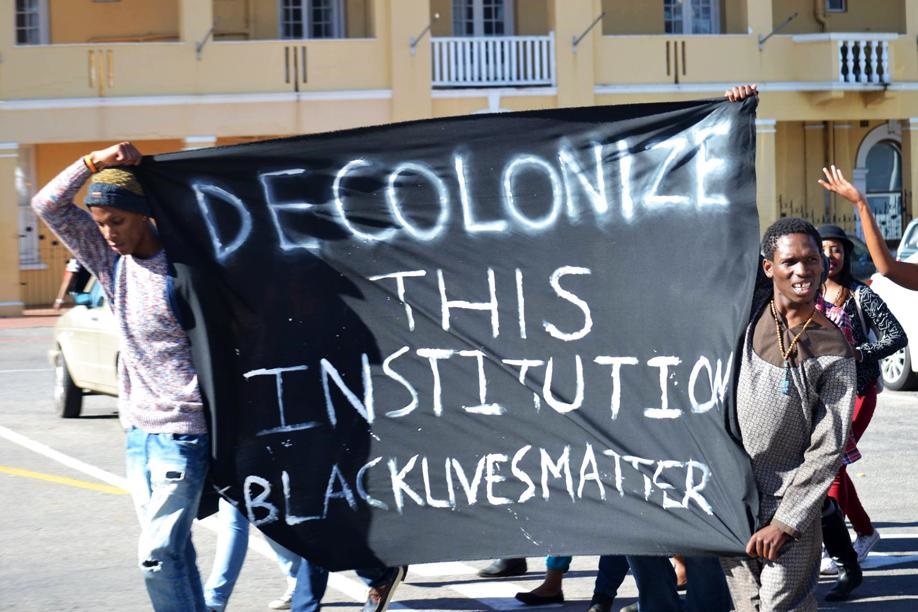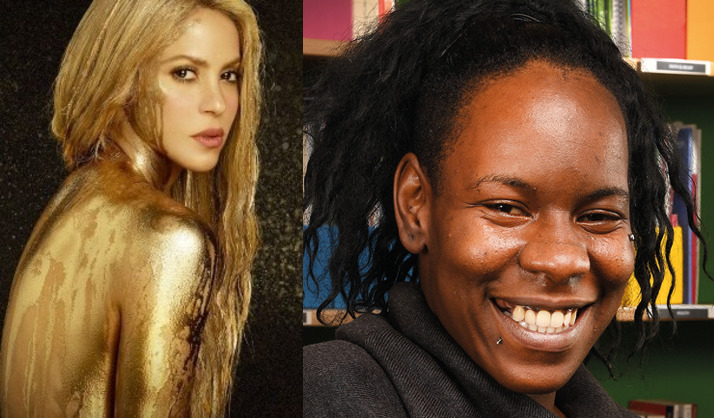
Take up the White Man’s burden
And reap his old reward,
The blame of those ye better,
The hate of those ye guard
Rudyard Kipling, The White Man’s Burden
Along with ‘Whiteness Studies’ and ‘Black Lives Matter,’ the concept of ‘decolonization’ is currently rampant in Western institutions of higher education. In the most recent example, academics at England’s University of Cambridge are considering how to implement a call from a small group of Black and leftist undergraduates to “decolonize” its English literature syllabus by taking in more Black and ethnic minority writers and bringing ‘post-colonial thought’ (a branch of critical theory) to its existing curriculum. Seen in the context of similar agitation at Yale last year, ongoing “Rhodes Must Fall” agitation in South Africa, the removal of portraits of White founders from King’s College London, and attacks on statues of prominent White historical figures in the United States, the ‘decolonization’ effort is clearly part of an escalating craze for removing White presence and reducing White space throughout the West. This reduction of White space is occurring in demographic, cultural, and even historical areas; the latter involving a ludicrous ‘Blackwashing’ of periods of European history which were overwhelmingly monocultural, with gross exaggerations of non-White presence in places like Roman Britain.
Today, White nations are being demonstrably colonized by non-Whites, White culture is increasingly marginalized (or dismissed as non-existent), and White history is being rewritten to support and advance the agenda of contemporary multiculturalism. Whites are thus abused as colonizers while simultaneously being subjected to an unprecedented and multifaceted colonization. This jarring incongruence between rhetoric and reality requires an interrogation of what is meant by terms like “colonize,” “empire,” and even “genocide,” particularly in regard to the political uses they have come to acquire, and also an interrogation of what we understand by historical processes of colonization. It is argued here that the growing clamor for ‘decolonization,’ like Whiteness studies, exists only to encourage and facilitate an aggressive anti-White discourse.
Several years ago I had the opportunity to attend a conference on ‘genocide studies,’ during which I was introduced to the work of the leading academic in this field, the Australian scholar A. Dirk Moses. Despite his last name (which apparently is also English and Welsh as well as Jewish), Moses evidences no discernible Jewish ancestry, his father John Moses being a notable Anglican priest and his mother Ingrid a full-blooded German from Lower Saxony. Moses has built his career around broad explorations of the themes of colonialism and genocide, and the relationship between the two. Although he wasn’t present at this particular conference, I was very much interested in those presentations concerning his work, which I have since come to regard as being generally of a very high quality and, most importantly, wide-ranging and devoid of the mawkish (not to mention mendacious) moralism that often saturates Jewish academic treatments of these themes. To my mind Moses remains one of the most essential writers on colonialism, conquest and genocide as perennial features of the human existence, and I would have a difficult time engaging in discussion on these subjects with someone unfamiliar with his work. Importantly, Moses argues that terms like “colonization” have fluid rather than fixed definitions, especially in their discursive usage, and stresses that the meaning of such terms as “colonization” and “imperialism” have rather been adapted in recent decades in order to facilitate a political agenda — to condemn European nations and to question Western moral legitimacy. Read more







